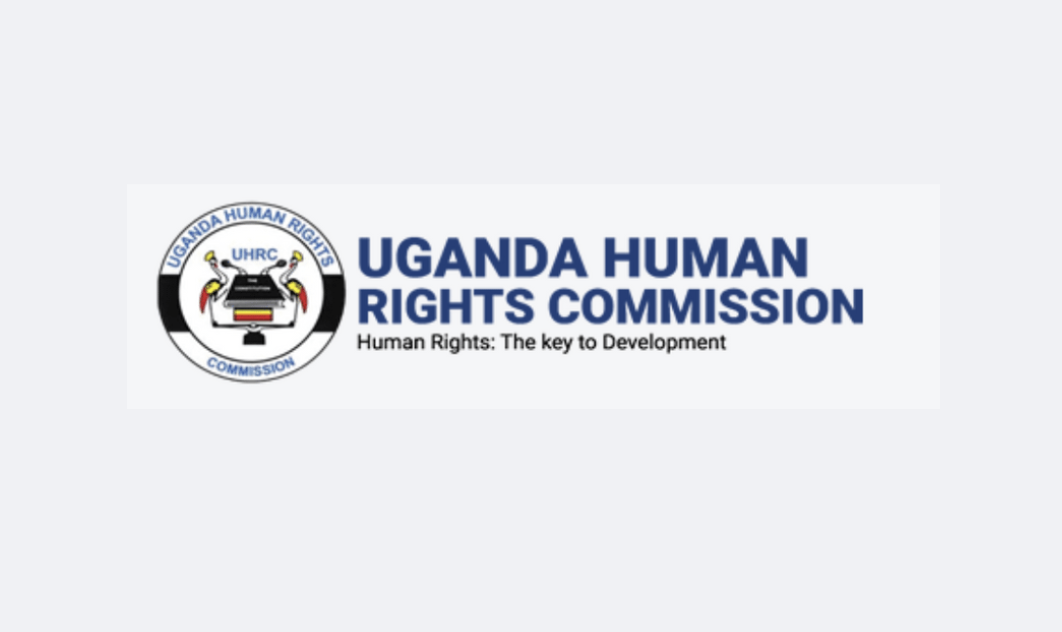UHRC was established by the 1995 constitution of the Republic of Uganda and its mandated to investigate and handle matters involving human rights violations.
1. The process to lodge a complaint with Uganda Human Rights Commission (UHRC)
- The complaint can be made either by email, telephone or in person at the Commission offices.
Note: The complaint must be a human rights violation for example where a police officer physically assaults a person by beating, shooting or any other way unwarranted in the circumstances.
The complaint must be recorded within 5 years from the time the violation happened unless proof of inability to report a complaint within the prescribed time is showed e.g. that the victim has since been ill suffering an injury from the violation and wasn’t able to make his or her complaint within the 5 year period.
- After the complaint is registered by a receiving officer the file is forwarded to the Regional Human Rights Officer (RHRO) for assessment as to whether it’s worth an investigation.
- The RHRO after proper assessment and after determining that the case is worth an investigation, will allocate the file to an investigating officer.
- The investigating officer upon receiving the file shall within 7 (seven) days send an allegation letter to the respondent (person against whom the complaint is made) and the respondent will be required to make his/ her reply within 21 (twenty one) days upon receipt of the allegation letter.
- Where no reply is made by the respondent, the handling officer shall forward a reminder to the respondent allowing him/ her more 7 (seven) days.
- The complainant shall within 45 (forty five) days of registering the complaint bring his or her witnesses to the commission and in circumstances where they are unable to travel to the commission offices, a field investigation can be undertaken.
- The investigating officer shall within 1 month furnish an investigation report to the RHRO. Upon reviewing the report, the RHRO makes a recommendation to proceed with the complaint or not. Where the recommendation is not to proceed with the complaint, the RHRO will inform the complainant in writing and issue a notice of inability to continue and inform the complainant of their right to appeal for review before the director within 30 (thirty) days.
- Where the recommendation from the RHRO is for further or alternative action (like mediation), the file shall be returned to the investigating officer who shall carry out remedial actions within 21 (twenty one) days. Where the RHRO recommends the file to proceed further (to the tribunal for litigation) the file will be forwarded to the legal officer for a legal opinion to be written within one month upon receiving the file.
- The RHRO will review the legal opinion and decide either to endorse the recommendations in the legal opinion, recommend further or different action or issue the complainant with a notice of inability to proceed with the complaint and inform the complainant of the right to appeal for review before the director within 30 (thirty) days.
- Where the file is recommended for further or alternative action, the file shall be forwarded back to the legal officer who shall carry out remedial actions within 21 (twenty one)
- Where the recommendation from the RHRO is to proceed further (to the tribunal for litigation) with the complaint, the file shall be forwarded to the director with a legal opinion made by the RHRO.
- Within 30 days of receiving the file, the director shall make a final decision whether to proceed with the complaint as recommended by RHRO or substitute or add to the recommendation or remit the file to the legal or investigating officer for further or alternative action through the RHRO.
- Where the director decides that the dispute proceeds to the tribunal, the director shall within 1 month of receiving the file, write to all the concerned parties informing them of the action taken on the matter e.g. it has been set down for hearing.
- The Chairperson of the UHRC allocates files to commissioners who will hear all the evidence and determine the matter.
- Where the tribunal determines there has been an infringement on human rights, it can make orders such as: release of the detained or restricted person, payment of compensation or any other relief or redress.
How JCU supports you
_ Legal sensitization especially during police outreaches and radio talk shows
_ Legal advice
_ Mediation and Court representation when the case has merit
_ Making referrals to other organizations that deal in this area
Referral institutions
_ UHRC (Uganda Human Rights Commission)
_ FHRI (Foundation for Human Rights Initiative)
Legal sources:
_ The Police Act CAP
_The UHRC; guidelines on the conditions of arrests, police custody and pre_trial detention in Uganda
_ Byarugaba V Uganda [1973]1E.A 234











